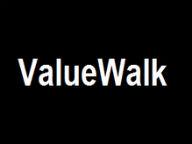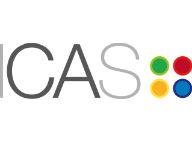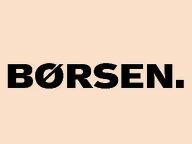Faculty News
—
Professor David Yermack is interviewed for a story on the evolution of blockchain education
—

Excerpt from Bitcoin Magazine -- "Be it for hype or genuine interest, the 'subject is growing quickly,' Yermack told us, 'and there is a lot of demand from students for courses in the fintech area.'"
Faculty News
—

Excerpt from Bitcoin Magazine -- "Be it for hype or genuine interest, the 'subject is growing quickly,' Yermack told us, 'and there is a lot of demand from students for courses in the fintech area.'"






















